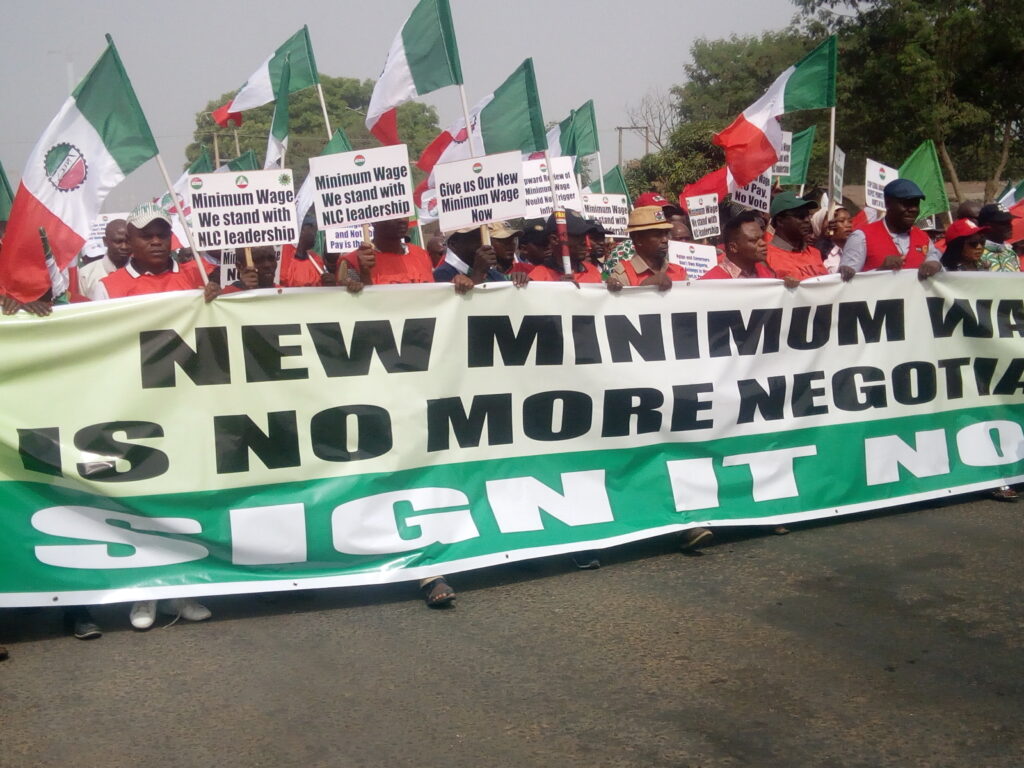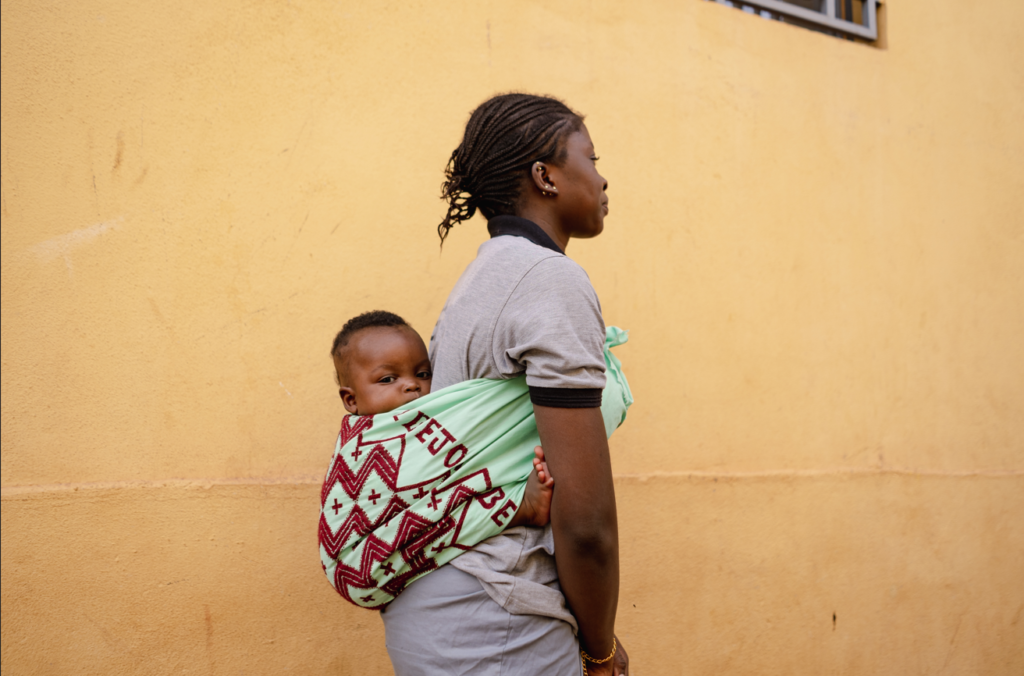For more than a decade, multiple armed conflicts have plagued Nigeria. In the last eight years, about ₦12 trillion was spent on security at the expense of other sectors. Banditry, gunmen violence, terrorism, cultism, secessionist violence, and communal clashes are a few of the prevailing conflict types in Nigeria. These security challenges have created a displacement crisis, identity challenges and new forms of violence in vulnerable communities. According to the Internal Displacement Monitoring Centre, Nigeria is home to about 3.6
million internally displaced persons. Another salient issue is the significant mortality toll on civilians and security operatives. According to
the Nextier Violent Conflicts Database, between June 2020 and 21st August 2023, Nigeria recorded 4,001 violent conflict incidents resulting in 14,055 deaths, 1,748 injured, and 7,684 kidnapped persons.
Banditry, as one of Nigeria’s major violent conflicts, has negatively impacted millions of people, especially in the northwest and northcentral regions. Niger State, for instance, over the years, has seen violent conflict take various forms. Banditry has been rife within the state and further exacerbated by the activities of illegal miners, which have become an albatross for the state and the country in general. Operations of illegal miners and their need to build a protective army have necessitated the urgency to tackle security within the state. Hence a military presence within the region remains sacrosanct. However, as with the fight to contain insecurity, there has also been the cost of servitude through military casualties. An incident which claimed the lives of Nigerian troops was the Nigerian Air Force Helicopter crash. Conflicting reports of the incident have one account of bandits attacking the troops while the other is that of a technical mishap. Despite both conflicting accounts, the loss of lives of Nigerian troops remains an ugly occurrence. This incident occurred in proximity to a previous attack on military men, which claimed the lives of 36 soldiers in the state, depicting the volatility of insecurity in the area. Over the years, Nigeria’s fight against insecurity has seen ambush attacks on Nigerian troops occurring across the country. An ambush attack on 25th July 2023 in Zamfara state claimed the lives of seven soldiers, while another occurred on the Kubwa-Bwari road culminating in the death of three soldiers.
Stemming from the conflicting reports from the helicopter crash in Shiroro Local Government of Niger State, there is a need for a comprehensive investigation by relevant authorities as to the tragedy that befell the Nigerian soldiers in a bid to prevent further wanton loss of lives and a more effective war on banditry and terrorism. Furthermore, suppose investigations reveal that non-state armed groups can orchestrate air attacks of that nature, there is a need to go back to the drawing board to re-strategise countermeasures to mitigate the offensives from armed groups. The ambush attacks that have continually claimed the lives of Nigerian troops should be addressed by enhancing collaboration with intelligence agencies by deploying technology and drones for vivid knowledge of the terrain. This should also be complemented by actionable local intelligence from the hotspots. Such reliable arrangements provide advanced knowledge of potential traps, thus increasing effective operations.



